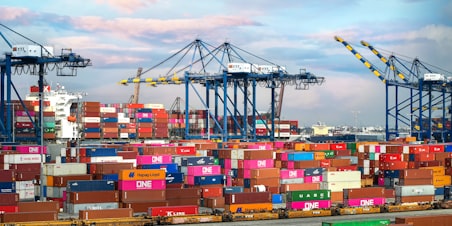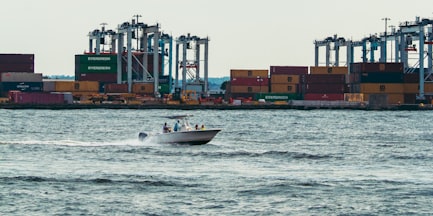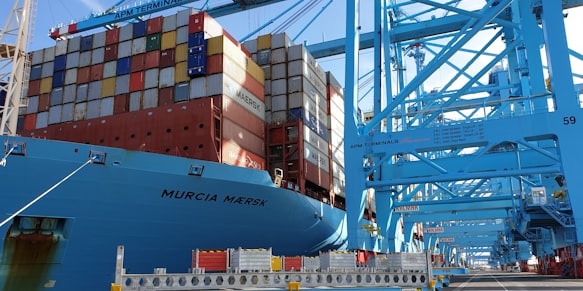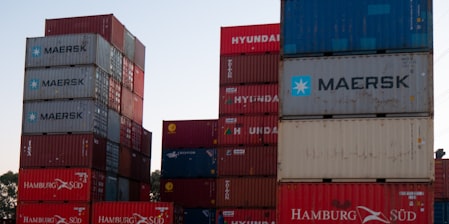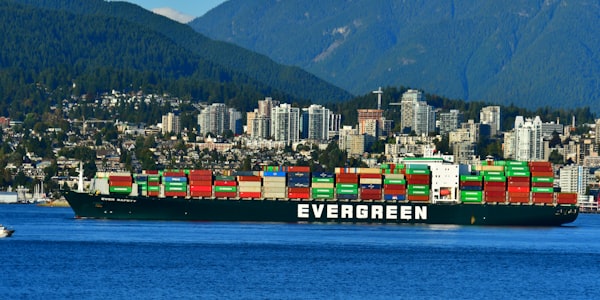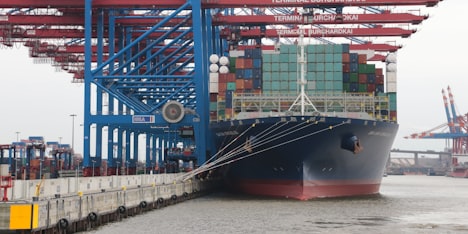
Hospital systems aim to make their communities healthier. Traditionally that means simply providing health care. But more often hospitals are going a step further, trying to create healthier communities by working with local suppliers and reducing pollution and greenhouse gas emissions.
On this episode of Medically Necessary, Matt Blois looks at how health care institutions’ efforts to reach out to communities create a cycle of healthier living for the whole environment. He welcomes Shane...
